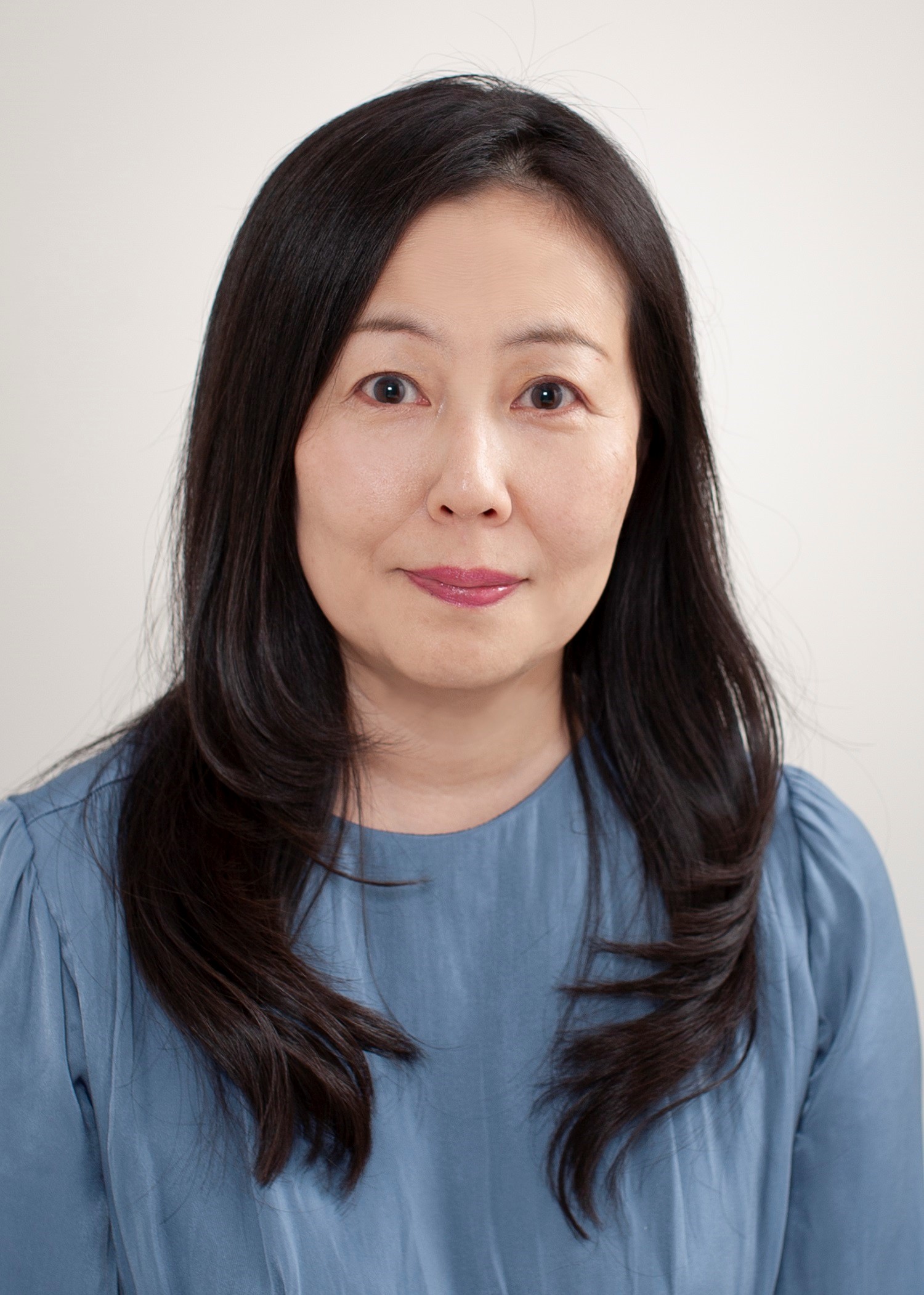
Prof. Kaoru Sumi
Future University Hakodate, JapanSpeech Title: The Future of Metaverse for Artificial Intelligence in Education
Abstract: Online distance education has recently become much more prevalent, and in the field of Artificial Intelligence in Education, academic instruction using virtual space has been attracting attention. In this talk, I will discuss the various educational possibilities of using virtual spaces and agents, presenting examples from several studies. I will also introduce our own development of systems using game-based learning[1] and a game-based story generation system that automatically generates scripts in real time on the basis of players’ emotions and actions[2]. I will discuss persuasive technology that systems can utilize to influence human behavior, along with impressions and applications of facial expressions and gestures, which are expressions of agents[3]. To conclude, I will discuss what can happen when a virtual agent interacts with other users in a virtual space.
[1]Kaoru Sumi and Kodai Kasai: A Serious Game for Learning Social Networking Literacy by Flaming Experiences, Lecture Notes in Computer Science, Volume 178, Social Informatics and Telecommunications Engineering series, Springer (2016.05).
[2]Kaoru Sumi & Shusuke Sato: Experiences of Game-Based Learning and Reviewing History of the Experience Using Player's Emotions, Frontiers in Artificial Intelligence (2022).
[3]Kaoru Sumi and Mizue Nagata: Evaluating a Virtual Agent as Persuasive Technology, Psychology of Persuasion, Janos Csapó and Andor Magyar eds., Nova Science Publishers (2010).
Biography: Kaoru Sumi is a professor in the Department of Media Architecture, Future University Hakodate, Japan. Prof. Sumi received her Ph.D. from the University of Tokyo. She is currently working on Artificial Intelligence in Education, Affective Computing, Interactive Digital storytelling. She previously worked at ATR MI&C Research Laboratories, Communications Research Laboratory, and Osaka University, National Institute of Information and Communications Technology (NICT), and Hitotsubashi University.
